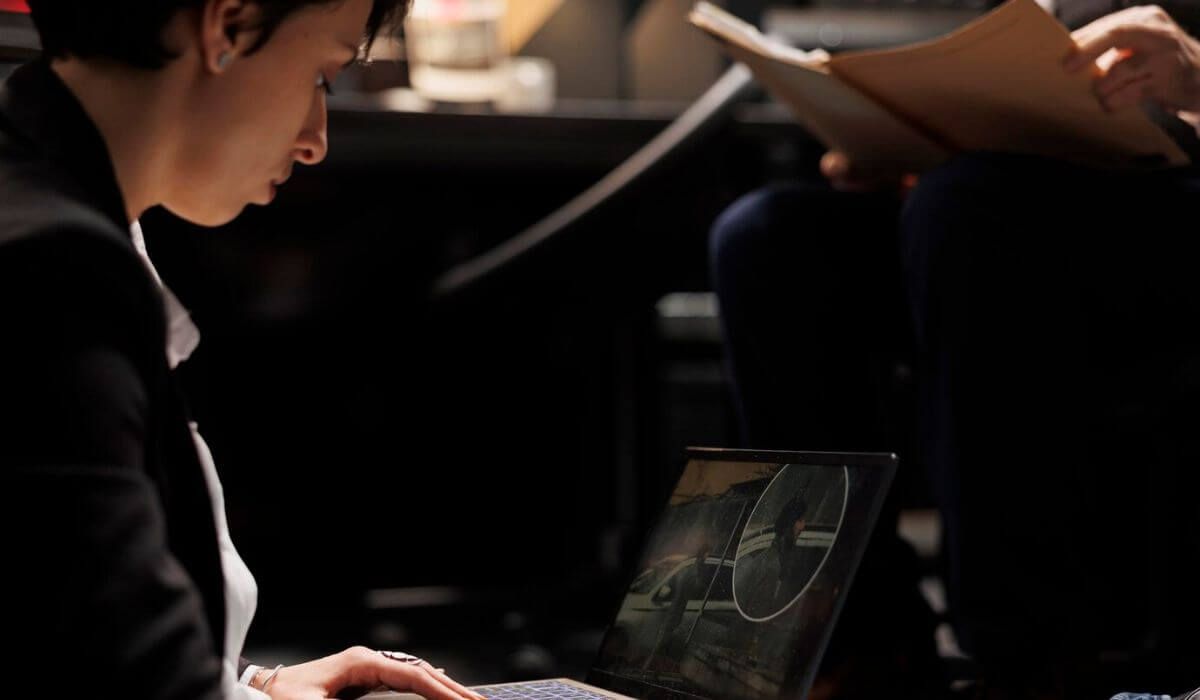Common Myths About Private Investigators
If you’ve ever watched a crime drama, you probably have a certain image of what a private investigator (PI) does—chasing down criminals, sneaking through alleys in a trench coat, and solving cases the police can’t crack. But how much of that is real?
As an experienced private investigator, I can tell you that while our job is exciting, it’s not always the way Hollywood makes it seem. There are a lot of misconceptions about what we do, how we operate, and what we can legally accomplish. If you're wondering
what a Private Investigator does beyond the myths, let’s break down some of the most common misconceptions.
Myth #1: Private Investigators Can Arrest People
One of the biggest misconceptions is that private investigators have the same authority as law enforcement officers. Many people assume we can detain or arrest someone if we catch them doing something illegal.
Reality
Private investigators are not police officers. We cannot arrest anyone or carry a badge that gives us law enforcement authority. Our job is to gather information and evidence, not to enforce the law. If we uncover illegal activity, we pass that information to the appropriate authorities, who can take action if needed.
That said, the evidence we collect can be crucial in legal cases, whether for attorneys, businesses, or individuals looking to protect their rights.
Myth #2: Private Investigators Can Hack Phones and Computers
In movies, private investigators always seem to have some genius hacker friend who can break into a suspect’s phone, email, or bank records in seconds. This leads people to believe that PIs have the ability to access personal data illegally.
Reality
This is completely false. Private investigators must follow the law just like everyone else. Hacking, wiretapping, and unauthorized access to private accounts are all illegal. If a PI were caught doing these things, they could face serious legal consequences, including losing their license.
Instead, we use legally obtained records, surveillance, interviews, and research to uncover information. There are plenty of ways to get valuable evidence without breaking the law.

Myth #3: Private Investigators Can Track Anyone, Anytime
Many people assume that if they hire a private investigator, they can have someone followed 24/7, no questions asked. Some even think we can place GPS trackers on cars or use advanced surveillance techniques without restrictions.
Reality
Privacy laws are strict, and private investigators must operate within legal boundaries. For example, in most places, placing a GPS tracker on someone’s car without their consent is illegal unless the vehicle is owned by the client (such as a business-owned car).
Surveillance is a big part of our work, but it must be done lawfully. We can observe people in public places but cannot trespass on private property or invade someone’s home. Professional investigators know where the line is and follow ethical practices to get results without violating anyone’s rights.
Myth #4: Private Investigators Only Work on Cheating Spouse Cases
When most people think of private investigators, they picture someone hiding in the bushes with a camera, waiting to catch a cheating spouse. While infidelity cases are part of what we do, they’re far from the only thing.
Reality
Private investigators handle a wide range of cases, including:
- Background checks for businesses and individuals
- Surveillance for corporate fraud or legal cases
- Due diligence for financial and business transactions
- Finding missing persons
- Debt collection investigations
- Integrity testing for businesses to detect dishonest employees
A professional PI agency offers much more than just catching cheaters—we provide crucial investigative services for both personal and corporate clients.

Myth #5: Private Investigators Always Work Alone
The "lone wolf" PI is a classic trope—one person working a case, making all the discoveries, and solving everything alone.
Reality
In reality, many investigations require a team effort. Complex cases may involve multiple investigators, researchers, and specialists. For example:
- A surveillance team might work together to track a subject.
- A background check specialist might be researching records while field investigators conduct interviews.
- A legal investigator might collaborate with attorneys to gather court-admissible evidence.
Private investigators often work as part of a team, especially on large-scale cases that require extensive information gathering.
Myth #6: Private Investigators Can Magically Find Anyone
People sometimes believe that hiring a PI guarantees that we can find anyone, anywhere, no matter what. Whether it’s a lost relative or a person avoiding debt, they expect instant results.
Reality
While private investigators have access to resources the general public doesn’t, finding someone isn’t always easy. If someone is actively trying to avoid being found—using fake identities, moving frequently, or staying off the grid—it can take time and persistence.
That said, professional investigators have methods and experience that increase the chances of success, but we can’t promise instant results or guarantees.
Myth #7: Private Investigators Always Carry Guns
Hollywood loves to depict private investigators as gun-toting action heroes. People assume that all PIs carry firearms and get into dangerous situations regularly.
Reality
The truth is, that most private investigators do not carry firearms, and in many places, they’re not even allowed to. Whether a PI can carry a weapon depends on local laws and licensing requirements.
Even in cases where carrying a firearm is legal, most investigators prefer avoiding conflict rather than engaging in dangerous confrontations. The real job is more about intelligence gathering than physical altercations.
Myth #8: Private Investigators Can Pretend to Be Law Enforcement
Some people think private investigators can flash a badge and pretend to be police officers to gain information.
Reality
Impersonating law enforcement is illegal. Private investigators do not wear uniforms, carry badges, or claim to be police officers. While we do conduct interviews and gather information, we must always identify ourselves honestly.
A good investigator relies on skill, research, and experience—not deception.
Private investigators play a vital role in uncovering the truth, but there are a lot of misconceptions about what we do. We operate within legal and ethical boundaries, and while we conduct surveillance, gather evidence, and assist with legal matters, we’re not action heroes or law enforcement officers.
The real work of a private investigator is about careful research, patience, and strategic problem-solving—and when done right, it can make a huge difference in people’s lives.
If you ever need investigative services, make sure to work with a licensed, professional agency that understands the law and operates with integrity. Sydney Private Investigators (Peakpi) is here to help—without the Hollywood myths.


